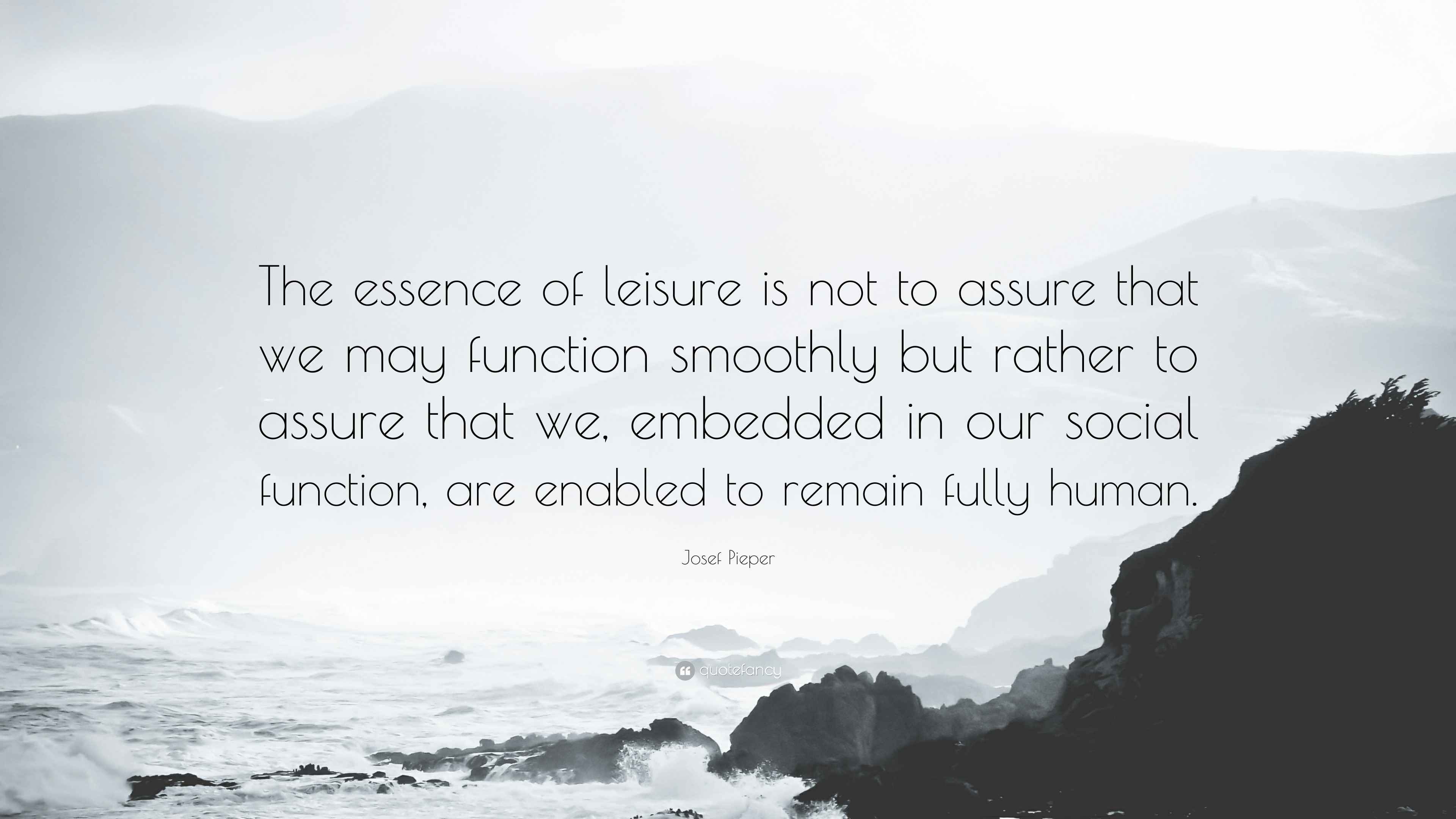A psychiatric doctor writes in Bible & Life Magazine about the value of being a 'Life Gardener' for mental health.
He recalls a middle-aged man pressured to retire as a patient back in 2013. The patient tried to overcome his difficulties for his young children but it was too much, he became depressed and looked miserable. The doctor began therapy and medication but there was no change.
After a couple of months, he stopped coming. Some 10 months later he met the man unexpectedly. His face was completely transformed. The doctor asked what happened since they last met. He was at the same workplace but his work had changed. Every Saturday he goes to a workshop to learn to make furniture. Working with his hands, time just flies. His work at the workshop was a consolation and gave him the vitality to accept his tiring daily work. It was the cure for his depression.
After meeting this man the doctor thought much about the problems people faced and the harm to their mental health. He had worked to decrease the pain persons were experiencing but more important than therapy and medication was to find something that would bring joy into their life. This was his answer for a cure.
Many are those who come for a consultation. They express the difficulties in the life they are leading. It's not only that the pain is great but there is no consolation from any direction and plenty of criticism.
They find themselves licking their wounds over and over again. But we also have those with pain but find consolation and go on with their life. What enables them to find consolation? Is it food, liquor, shopping, and the like that puts to sleep the pain? No, this is addiction.
True consolation comes from 'activities that bring joy'. A person knows deep down in their soul what will bring joy. With these efforts, they are putting a shield in place against pain and gives them strength. Confucius called this 樂以忘憂: (we forget pain with joy).
How and when can we with our efforts encounter joy in our lives? It's not easy to do this while we are at work. Leisure is not what is leftover but doing what one wants to do with the free time one has. The tragedy of our age is not only the burnt-out situation in which many find themselves but rather in their free time they can't rid themselves of stress and enjoy invigoration and peace.
How does one enjoy leisure? The doctor takes the Chinese characters for leisure:休息 and explains that the first character shows a person under the shade of a tree resting and the second character has the person in control of his feeling (heart). Leisure means to be at rest, fulfilling oneself, both actions are necessary for true leisure. It is then we are renewed.
'Otium' is the word in Latin that signifies that our soul is joyfully at rest. This may be different for each person but for the doctor, it is some action. He sees it as accompanied by some degree of uncomfortableness and goes on to say that if the joy comes easy it will also disappear easily.
Will the person change or not change? The doctor has written a book on the 'Otium Effect' and heard the results of his words in those who have lived in this way and they were many. He considers it like falling in love without any object of love and this was the way those who experienced this expressed themselves. It need not be a person, it may be some art form, nature, a personal interest, study and it may even bring you to a closer relationship with God.
In conclusion in this time of the pandemic, many are having a difficult time. He recommends we look for this 'otium'. Life is worth living. He considers us to be 'Life Gardeners' going about cultivating the beautiful garden and hopes those reading the article will see themselves in this situation even in these difficult times.
